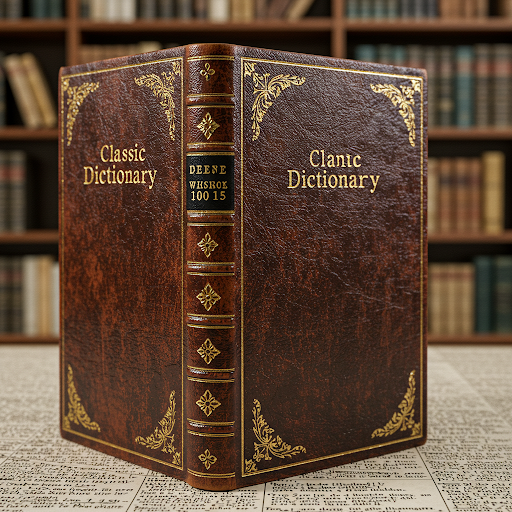
Do You Need to Speak Hungarian to Get Citizenship by Descent?
Share
If you are applying for Hungarian citizenship by descent (jus sanguinis), the biggest point of confusion is whether you must speak Hungarian. The answer depends entirely on whether your case is verification of citizenship or simplified naturalization.
1. Citizenship by Verification (Állampolgársági Igazolás)
Hungarian law (Act LV of 1993 on Citizenship) recognizes that children, grandchildren, and even great-grandchildren of Hungarian citizens may already be Hungarian by birth, if their ancestor did not lose citizenship before the next generation was born.
In these cases, you are not applying for citizenship — you already have it. You are applying for verification (állampolgársági igazolás).
The Hungarian Consulate in Washington, D.C. makes this explicit:
“If you are a descendant of a Hungarian citizen, you may already be a Hungarian citizen by birth. In such cases you can apply for a verification of Hungarian citizenship. This procedure does not require knowledge of the Hungarian language.”
— Hungarian Embassy Washington DC – About Hungarian Citizenship
The New York Consulate confirms the same:
“Verification of Hungarian citizenship is not naturalization. It is a process of confirming a citizenship which already exists by law. No language test is required.”
— Hungarian Consulate New York – Verification of Hungarian Citizenship
2. Citizenship by Simplified Naturalization (Egyszerűsített Honosítás)
If your ancestor lost Hungarian citizenship (e.g., emigrated before 1929, naturalized abroad, or a Hungarian woman married a foreigner before 1957), the chain is broken. You are not a citizen by birth.
In that case, your only option is simplified naturalization. This process does require:
-
Conversational Hungarian (interview at the consulate).
-
Documents proving Hungarian ancestry.
The consulates are clear that language is required for naturalization but not for verification. And this is also what most people are eligible for.
3. What This Means in Practice
-
In some cases, grandchildren and great-grandchildren of Hungarians do not need to speak Hungarian if their ancestor’s citizenship line is intact. They only need to prove it with documents and if they can be eligible to request Hungarian citizenship verification.
-
If the ancestor lost citizenship before passing it on, then the descendant must go through simplified naturalization, and in that case Hungarian is mandatory.
-
Once citizenship is verified, all descendants (children, grandchildren, etc.) are Hungarian by birth — no Hungarian exam needed, regardless of their age.
Bottom Line
If your case is verification of citizenship (állampolgársági igazolás), then you do not need to speak Hungarian.
If your case is simplified naturalization (egyszerűsített honosítás), then you must speak Hungarian.
The confusion comes from mixing the two — but Hungarian law makes the difference clear.
